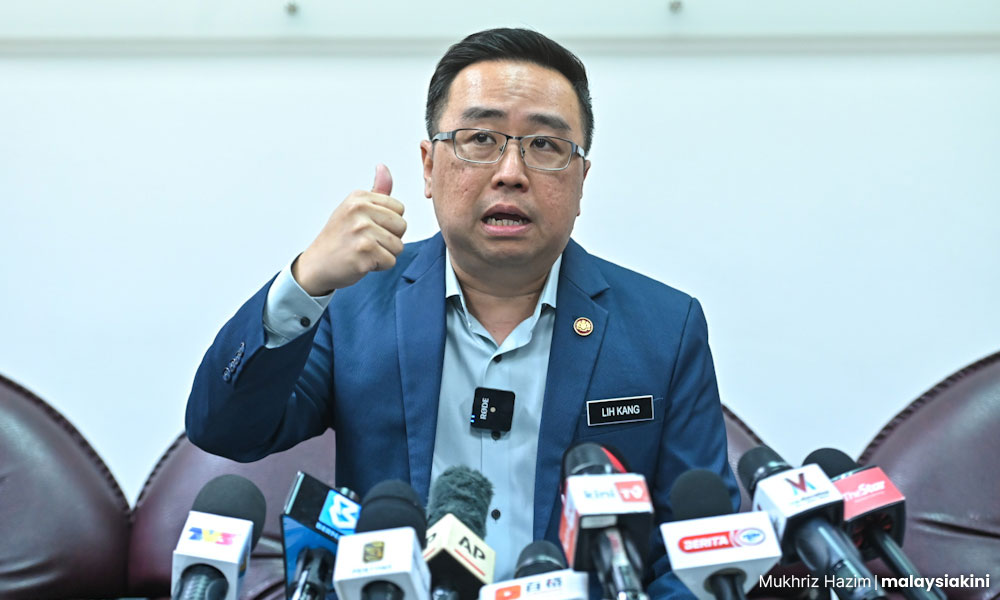The licensing terms for Lynas to operate in Malaysia and import naturally occurring radioactive material have been revised by the Atomic Energy Licensing Board (AELB).
One major change is that the government is no longer requiring Lynas to relocate its cracking and leaching facility in Gebeng, Kuantan - which produces radioactive Water Leach Purification (WLP) residue - out of Malaysia.
A condition banning them from importing lanthanide concentrate has also been lifted.
However, Lynas still needs to build a permanent disposal facility (PDF) to store radioactive waste and contribute to a research and development fund - as per the original terms the government gave when extending Lynas' licence to 2026.
During a press conference, Science, Technology and Innovation Minister Chang Lih Kang said the terms were revised after Lynas approached the government with a proposal to extract thorium from both the lanthanide raw feedstock and the WLP residue.

Chang said the government then took several months to study the feasibility of this plan, which local experts ended up greenlighting.
The AELB then agreed to revise the terms for Lynas' contract on Monday.
Chang explained that extracting thorium from the lanthanide and the WLP residue would effectively make the waste generated by Lynas no longer radioactive.
He said Lynas would be given two years to scale up its thorium extraction programme from a pilot stage to a commercial level.
Pending this, any waste material must be stored in a PDF facility.
WLP residue radioactivity
Lynas would also be required to ensure that the radioactivity of the WLP residue is below 1 Bq/g, with local experts keeping a close eye.
Bq stands for becquerel, which is a unit to measure radioactivity.
Items below 1Bq/g are not considered radioactive waste by the AELB and thus not under the purview of the Atomic Energy Licensing Act.
"Say you have 100kg of waste, once the thorium is extracted, it (thorium) will only be 0.25 percent of the waste, and the rest of the waste will become scheduled waste," Chang said.
The thorium can then be sold as radioactive fuel to countries that use nuclear energy, he said, citing local experts.
It should be noted that while experimental thorium nuclear reactors exist, there are no such reactors being used to generate electricity at a commercial scale.
Meanwhile, Chang denied that the government had "softened" its position on Lynas.
Rather, he said that the thorium extraction is in line with the government's goals to reduce a pile-up of radioactive materials in the country while removing radioactive waste.
Commercial scale
The minister said that once the thorium extraction is at a commercial scale, the method can also be applied to existing radioactive waste Lynas already has stockpiled.
"Once the thorium is extracted there won't be any radioactive waste; it will become scheduled waste.
"With this technology, they (Lynas) will not be producing any radioactive waste in the country," he said.
Earlier, he said that the development also opens up opportunities for Malaysia to attract billions of dollars in investments in the local rare earth industry to support the development of advanced technologies.



No comments:
Post a Comment
Note: Only a member of this blog may post a comment.